The United States is looking at Mann Deshi Women’s Cooperative Bank, the headquarters of which is based in Mhaswad, in Satara district, as an innovative model to take financial literacy to rural areas. And the reasons are many.
The United States is looking at Mann Deshi Women’s Cooperative Bank, the headquarters of which is based in Mhaswad, in Satara district, as an innovative model to take financial literacy to rural areas. And the reasons are many.
Archana Rasal was totally broken after the harassment and torture by her in-laws following her marriage a decade ago. With the help of Mann Deshi Women’s Cooperative Bank she started a business. Today, she owns a tailoring and stationery shop and has employed eight women.
Polio-affected Shobha Raut could not find a job after she broke her arm in an accident. She took a loan of Rs15,000 from Mann Deshi Bank to set up a stationery shop. Today, she is supporting her younger brother’s education and her parents.
Vanita Pise was a wage labourer. With a loan from Mann Deshi she started rearing buffaloes when her husband’s business failed. She later switched to making paper cups and owns 11 machines today and has employed six women.
No wonder US president Barack Obama took notice of the cooperative bank when its founder, Chetna Gala Sinha, met him for a few minutes during his recent visit to India. As a follow-up to that meeting, US treasury undersecretary, Lael Brainard, on her maiden visit to India, visited the Satara branch of bank on Wednesday.
Brainard said the US wants to take financial services to the poor and would like to learn from innovative efforts in India.
She wanted to know more about the financial inclusion model like the one implemented by the bank and have a first-hand experience of its work. She described her visit as a “dynamic and an exciting learning experience.”
She arrived in Ramnagar village near Satara in the afternoon and visited the mobile business school run by the bank and met the girls who have benefitted from the free bicycle programme that has helped them to continue their education.
Twenty bicycles were donated to school girls in her presence. She also met members of self-help groups who have benefitted from the bank. She then visited the vegetable market of Satara, where an innovative e-card technology has been implemented by the bank.
During her interaction with the women she enquired about how they borrowed and repaid loans and what difficulties they faced. She was also curious about recovery and was told that there was over 80% recovery.
Mann Deshi has been operating in the remote areas of Maharashtra and Karnataka to provide banking services to rural poor. Their agents use wireless, hand-held simputers, which help with the daily compliance of data even from remote areas. HSBC India has supported their efforts.
The plastic ‘credit cards’ display women’s names and photographs using microchip technology to store financial information. The cards allow the bank’s field agents to view savings account balance, loan account status and repayment history.
Chetna Sinha stated that Mann Deshi was proud to receive such a high-profile visit and hoped it opens new venues for continued cooperation and sharing of information and best practices and thereby expand the success of Mann Deshi to other villages in rural India.
About the bank
Mann Deshi Women’s Cooperative Bank has more than 1 lakh customers in six branches in the rural areas. It was founded by Ashoka Fellow and Yale World Fellow Chetna Sinha, who is the president of the micro-enterprise development bank and its partner NGO Mann Deshi Foundation.
Together these organisations are striving to enhance economic empowerment and advancement of women through savings, lendings, education, property rights and social security initiatives. It is the first organisation in its region to provide life, accident and hospitalisation insurance and pension scheme for women and offers training in marketing, organic farming, financial literacy and veterinary medicine among others.
The bank has its origin in cooperatives organised by Sinha to assist women in raising goats, selling vegetables and weaving. She also strove to bring changes in government policy and law regarding property rights of women.
![submenu-img]() Viral video: Kind man assists duck family in crossing the road, internet lauds him
Viral video: Kind man assists duck family in crossing the road, internet lauds him![submenu-img]() Can you see the Great Wall of China from space? here's the truth
Can you see the Great Wall of China from space? here's the truth![submenu-img]() Ashutosh Rana breaks silence on his deepfake video supporting a political party: 'I would only be answerable to...'
Ashutosh Rana breaks silence on his deepfake video supporting a political party: 'I would only be answerable to...'![submenu-img]() Meet India's most talented superstar, is actor, dancer, stuntman, singer, lyricist; not Ranbir, Shah Rukh, Aamir, Salman
Meet India's most talented superstar, is actor, dancer, stuntman, singer, lyricist; not Ranbir, Shah Rukh, Aamir, Salman![submenu-img]() This flop film was headlined by star kid, marked south actress's Bollywood debut, made in Rs 120 crore, earned just...
This flop film was headlined by star kid, marked south actress's Bollywood debut, made in Rs 120 crore, earned just...![submenu-img]() DNA Verified: Is CAA an anti-Muslim law? Centre terms news report as 'misleading'
DNA Verified: Is CAA an anti-Muslim law? Centre terms news report as 'misleading'![submenu-img]() DNA Verified: Lok Sabha Elections 2024 to be held on April 19? Know truth behind viral message
DNA Verified: Lok Sabha Elections 2024 to be held on April 19? Know truth behind viral message![submenu-img]() DNA Verified: Modi govt giving students free laptops under 'One Student One Laptop' scheme? Know truth here
DNA Verified: Modi govt giving students free laptops under 'One Student One Laptop' scheme? Know truth here![submenu-img]() DNA Verified: Shah Rukh Khan denies reports of his role in release of India's naval officers from Qatar
DNA Verified: Shah Rukh Khan denies reports of his role in release of India's naval officers from Qatar![submenu-img]() DNA Verified: Is govt providing Rs 1.6 lakh benefit to girls under PM Ladli Laxmi Yojana? Know truth
DNA Verified: Is govt providing Rs 1.6 lakh benefit to girls under PM Ladli Laxmi Yojana? Know truth![submenu-img]() Aamir Khan, Naseeruddin Shah, Sonali Bendre celebrate 25 years of Sarfarosh, attend film's special screening
Aamir Khan, Naseeruddin Shah, Sonali Bendre celebrate 25 years of Sarfarosh, attend film's special screening![submenu-img]() Alia Bhatt wears elegant saree made by 163 people over 1965 hours to Met Gala 2024, fans call her ‘princess Jasmine’
Alia Bhatt wears elegant saree made by 163 people over 1965 hours to Met Gala 2024, fans call her ‘princess Jasmine’![submenu-img]() Jr NTR-Lakshmi Pranathi's 13th wedding anniversary: Here's how strangers became soulmates
Jr NTR-Lakshmi Pranathi's 13th wedding anniversary: Here's how strangers became soulmates![submenu-img]() Streaming This Week: Heeramandi, Shaitaan, Manjummel Boys, latest OTT releases to binge-watch
Streaming This Week: Heeramandi, Shaitaan, Manjummel Boys, latest OTT releases to binge-watch![submenu-img]() Remember Ayesha Kapur? Michelle from Black, here's how actress, nutrition coach, entrepreneur looks after 19 years
Remember Ayesha Kapur? Michelle from Black, here's how actress, nutrition coach, entrepreneur looks after 19 years![submenu-img]() Haryana Political Crisis: Will 3 independent MLAs support withdrawal impact the present Nayab Saini led-BJP government?
Haryana Political Crisis: Will 3 independent MLAs support withdrawal impact the present Nayab Saini led-BJP government?![submenu-img]() DNA Explainer: Why Harvey Weinstein's rape conviction was overturned, will beleaguered Hollywood mogul get out of jail?
DNA Explainer: Why Harvey Weinstein's rape conviction was overturned, will beleaguered Hollywood mogul get out of jail?![submenu-img]() What is inheritance tax?
What is inheritance tax?![submenu-img]() DNA Explainer: What is cloud seeding which is blamed for wreaking havoc in Dubai?
DNA Explainer: What is cloud seeding which is blamed for wreaking havoc in Dubai?![submenu-img]() DNA Explainer: What is Israel's Arrow-3 defence system used to intercept Iran's missile attack?
DNA Explainer: What is Israel's Arrow-3 defence system used to intercept Iran's missile attack?![submenu-img]() Ashutosh Rana breaks silence on his deepfake video supporting a political party: 'I would only be answerable to...'
Ashutosh Rana breaks silence on his deepfake video supporting a political party: 'I would only be answerable to...'![submenu-img]() Meet India's most talented superstar, is actor, dancer, stuntman, singer, lyricist; not Ranbir, Shah Rukh, Aamir, Salman
Meet India's most talented superstar, is actor, dancer, stuntman, singer, lyricist; not Ranbir, Shah Rukh, Aamir, Salman![submenu-img]() This flop film was headlined by star kid, marked south actress's Bollywood debut, made in Rs 120 crore, earned just...
This flop film was headlined by star kid, marked south actress's Bollywood debut, made in Rs 120 crore, earned just...![submenu-img]() India's most successful star kid was superstar at 14, daughter of tawaif, affair with married star broke her, died at...
India's most successful star kid was superstar at 14, daughter of tawaif, affair with married star broke her, died at...![submenu-img]() India's biggest flop actor, worked with superstars, married girl half his age, once left Aamir's film midway due to..
India's biggest flop actor, worked with superstars, married girl half his age, once left Aamir's film midway due to..![submenu-img]() England pace legend James Anderson set to retire from Test cricket after talks with Brendon McCullum
England pace legend James Anderson set to retire from Test cricket after talks with Brendon McCullum![submenu-img]() IPL 2024: Shubman Gill, Sai Sudharsan centuries guide Gujarat Titans to 35-run win over Chennai Super Kings
IPL 2024: Shubman Gill, Sai Sudharsan centuries guide Gujarat Titans to 35-run win over Chennai Super Kings![submenu-img]() KKR vs MI IPL 2024: Predicted playing XI, live streaming details, weather and pitch report
KKR vs MI IPL 2024: Predicted playing XI, live streaming details, weather and pitch report![submenu-img]() 'It's ego-driven...': Ex-RCB star on Hardik Pandya's captaincy in IPL 2024
'It's ego-driven...': Ex-RCB star on Hardik Pandya's captaincy in IPL 2024![submenu-img]() BCCI to advertise for Team India's new head coach after T20 World Cup
BCCI to advertise for Team India's new head coach after T20 World Cup![submenu-img]() Viral video: Kind man assists duck family in crossing the road, internet lauds him
Viral video: Kind man assists duck family in crossing the road, internet lauds him![submenu-img]() Can you see the Great Wall of China from space? here's the truth
Can you see the Great Wall of China from space? here's the truth![submenu-img]() Mother bear teaches cubs how to cross a road with caution, video goes viral
Mother bear teaches cubs how to cross a road with caution, video goes viral![submenu-img]() Meet the tawaif, real courtesan of Heeramandi, was once highest paid item girl, was killed by....
Meet the tawaif, real courtesan of Heeramandi, was once highest paid item girl, was killed by....![submenu-img]() Mukesh Ambani’s old image with billionaire friends go viral, Harsh Goenka makes joke of…
Mukesh Ambani’s old image with billionaire friends go viral, Harsh Goenka makes joke of…
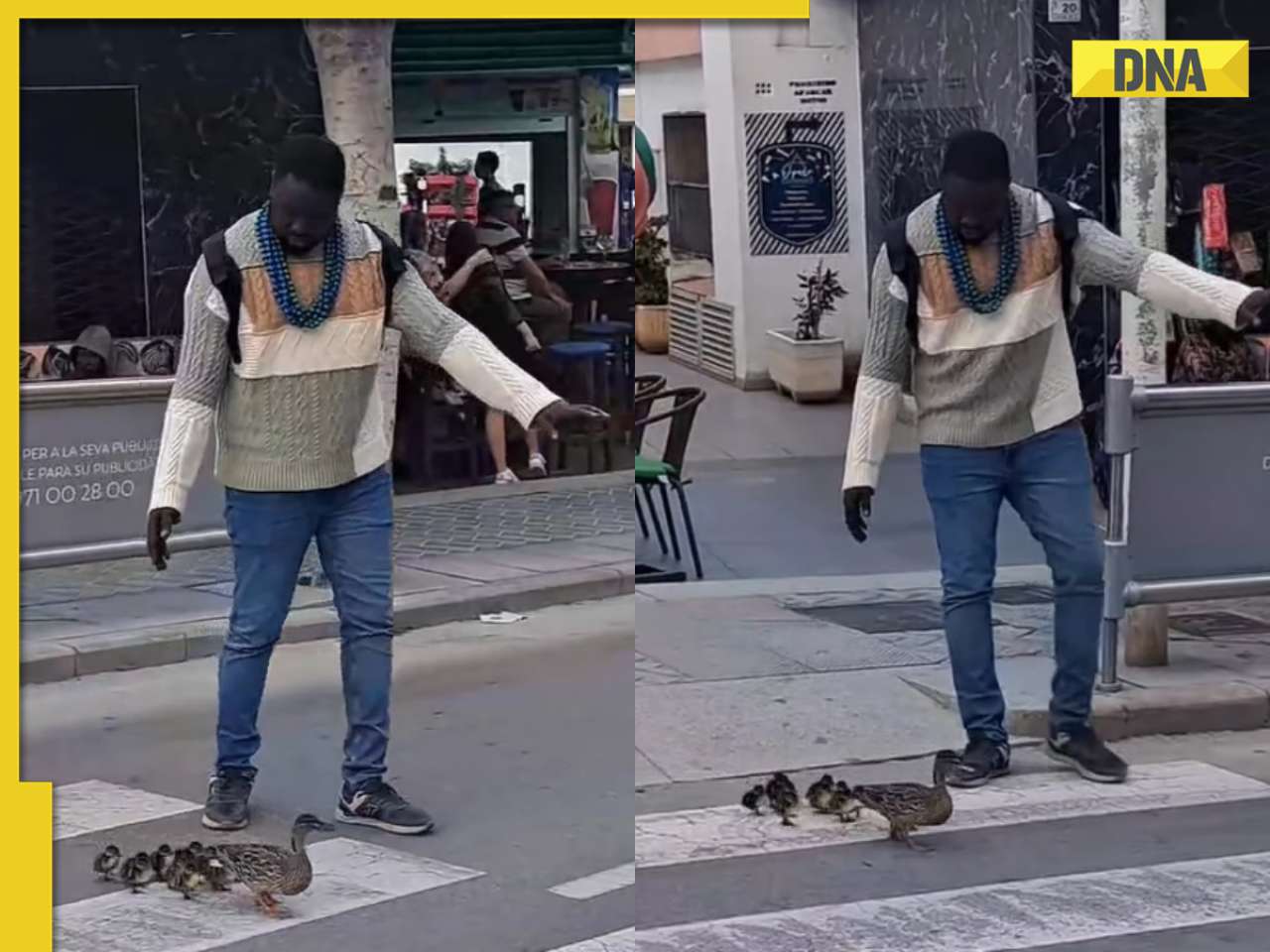
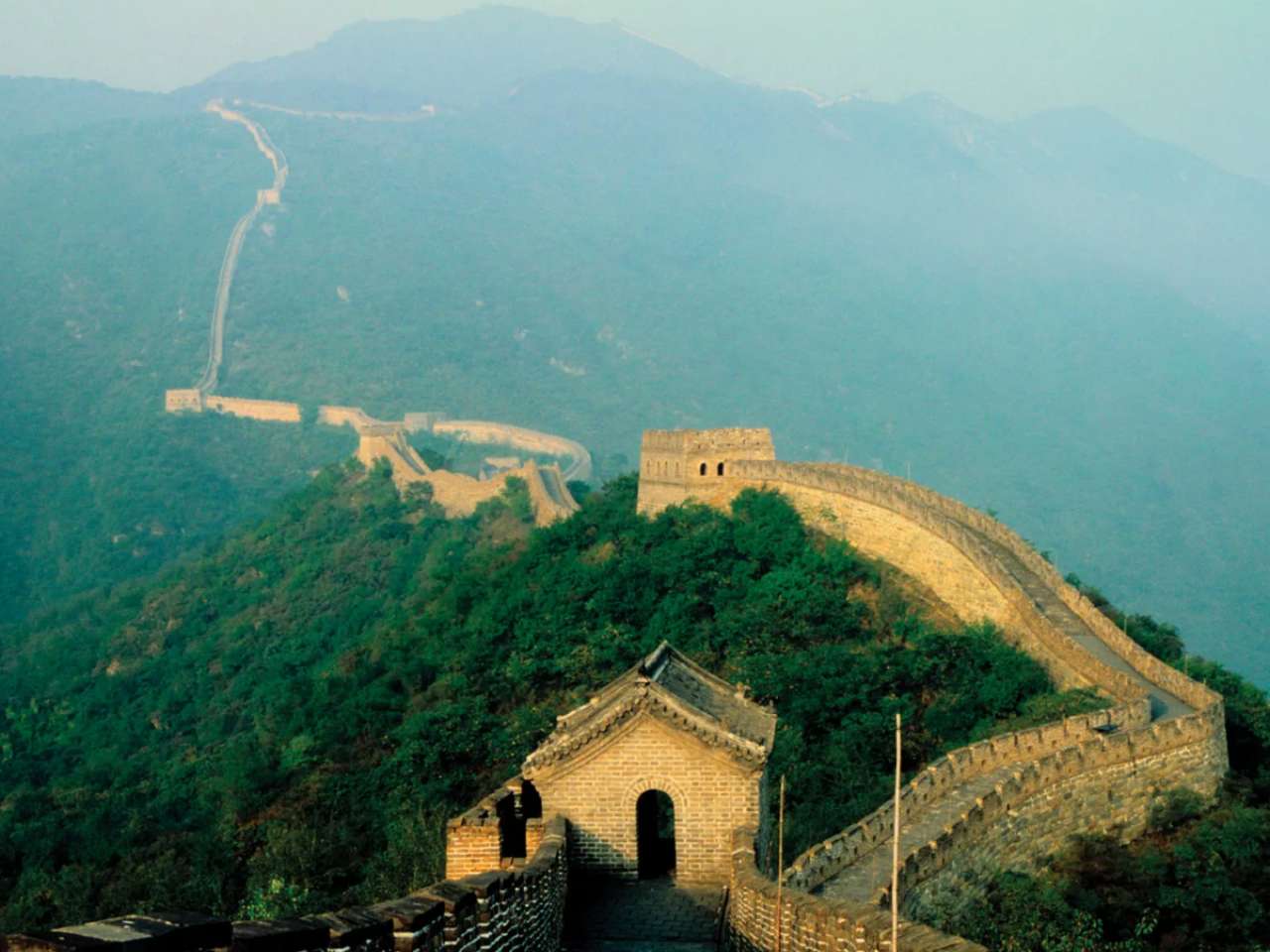
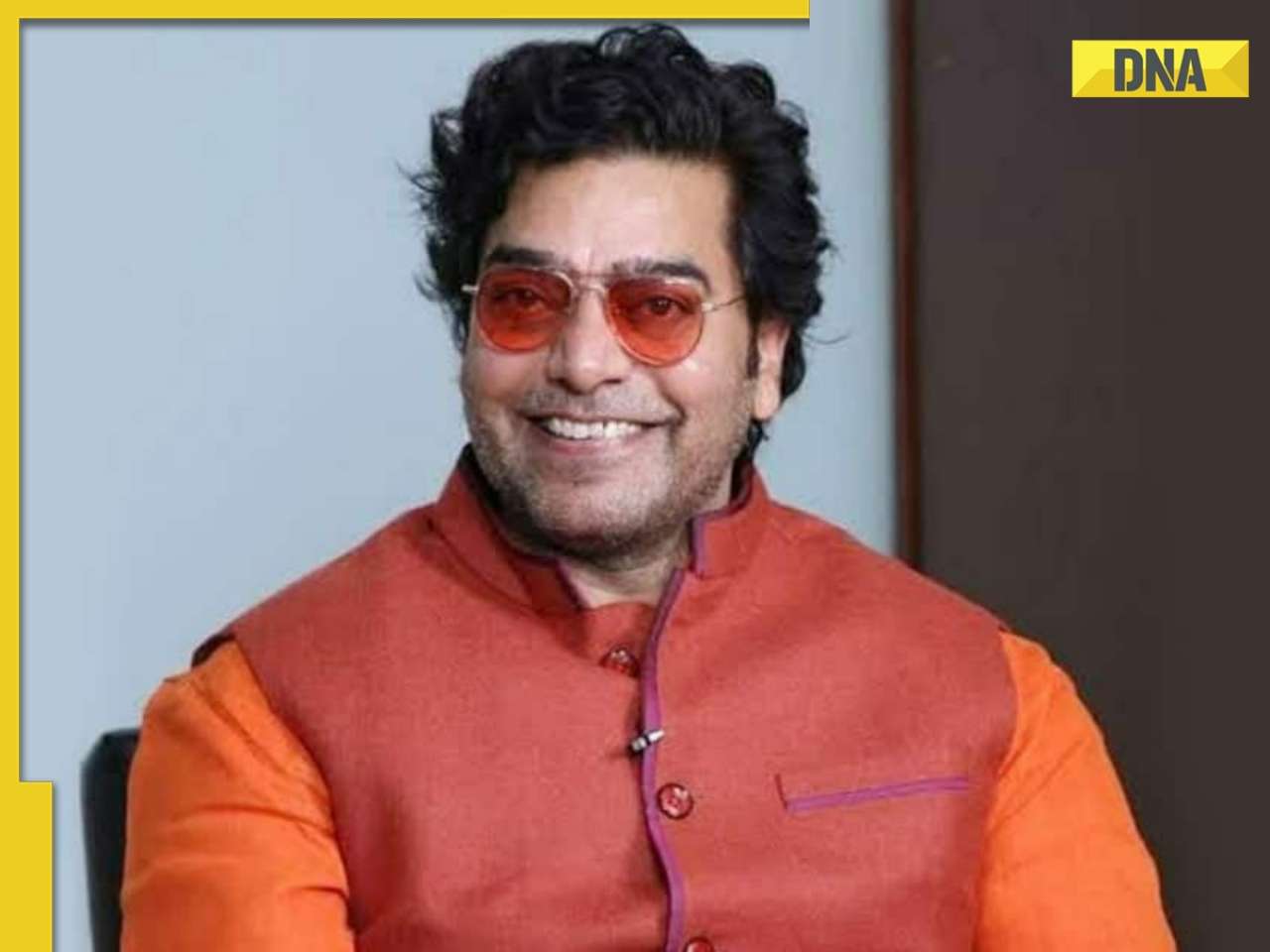
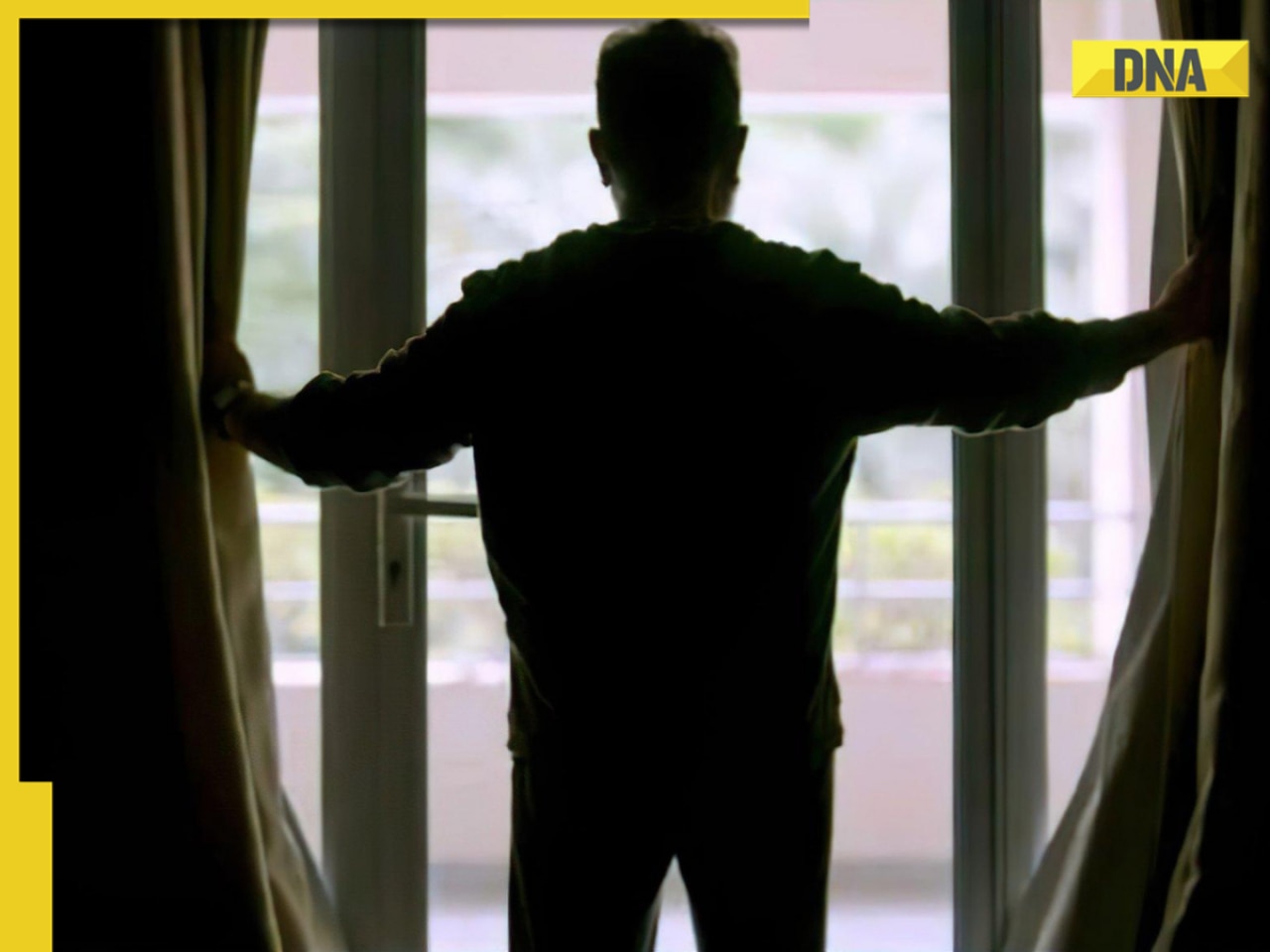
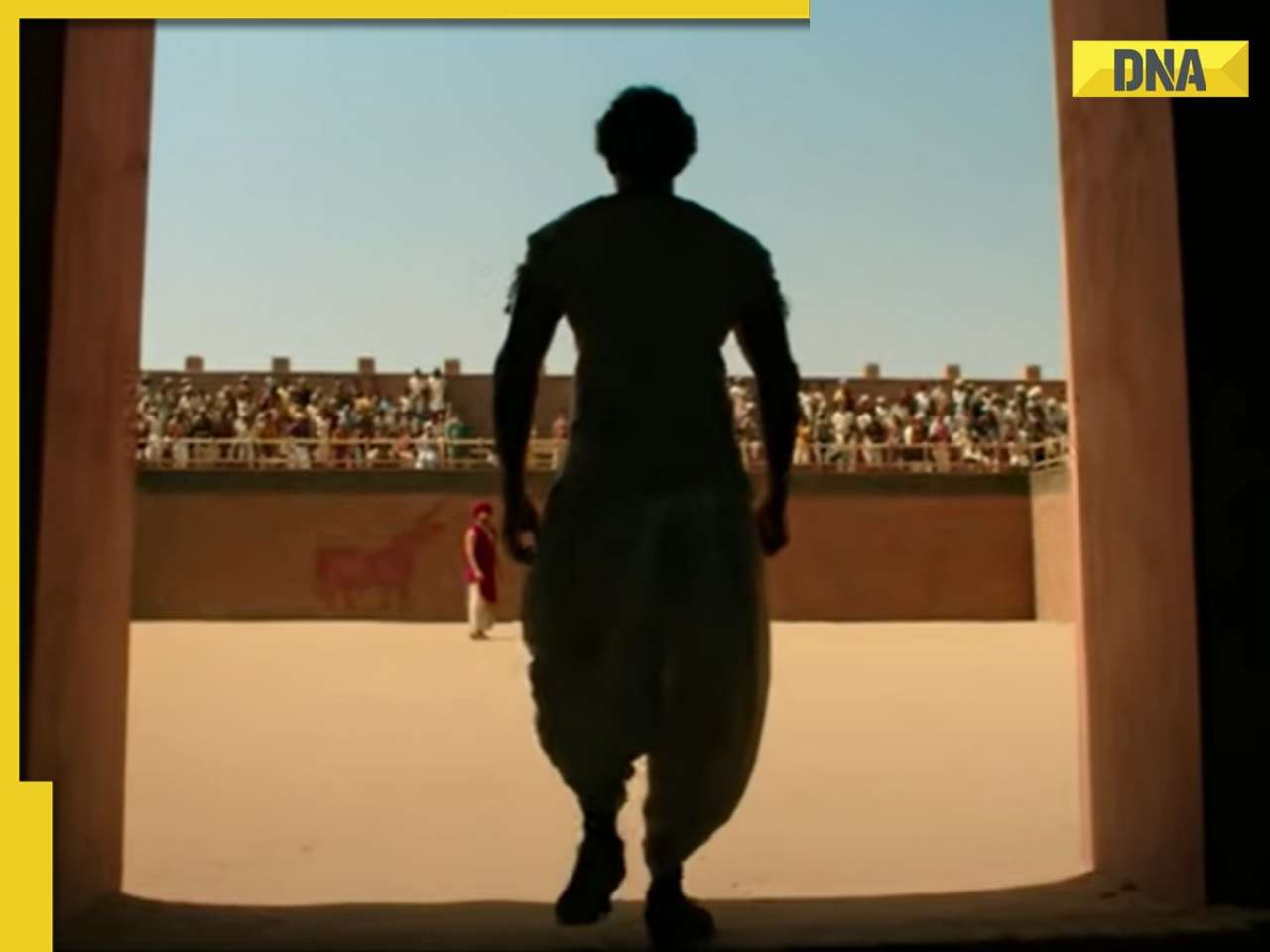



















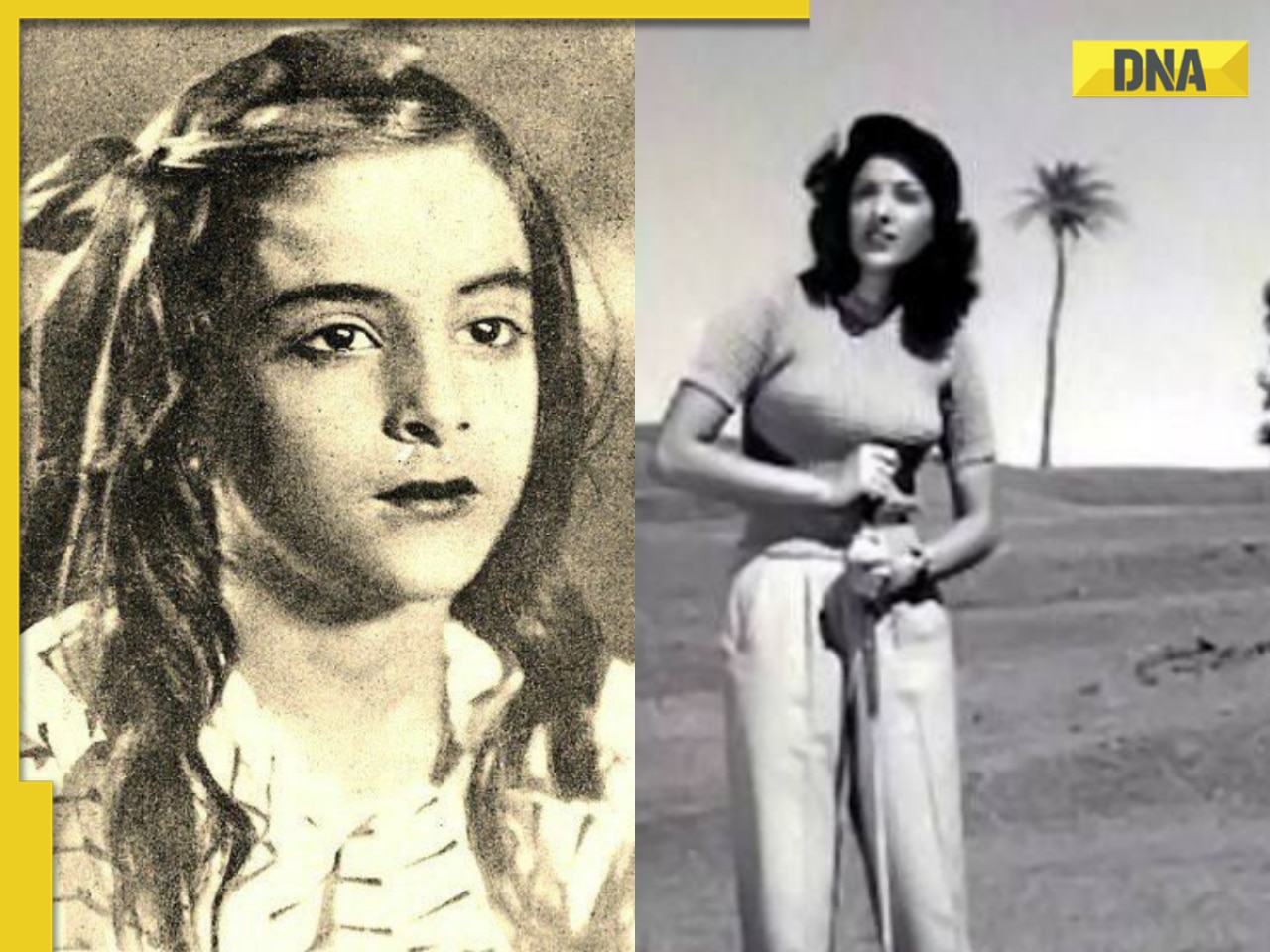

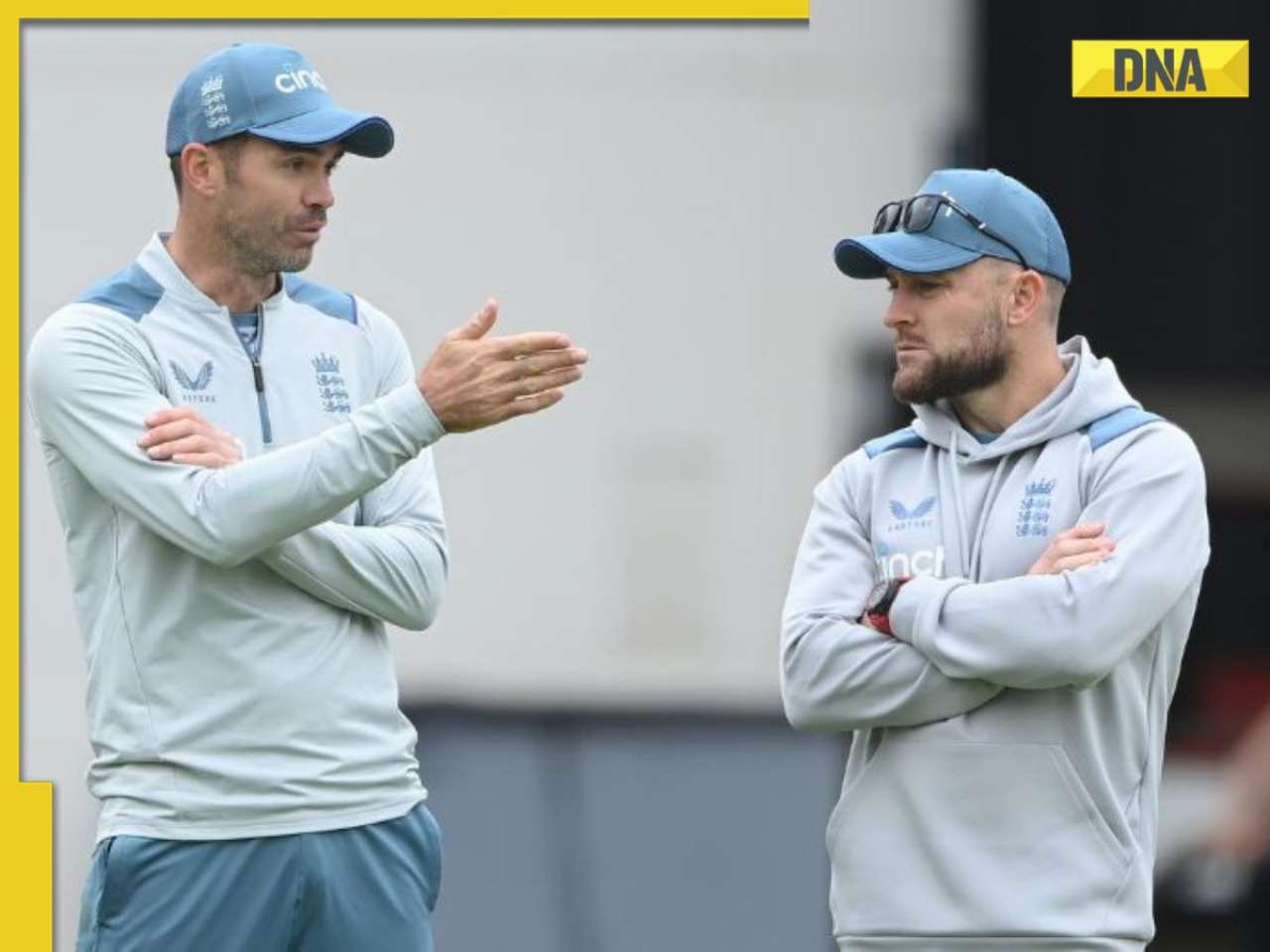



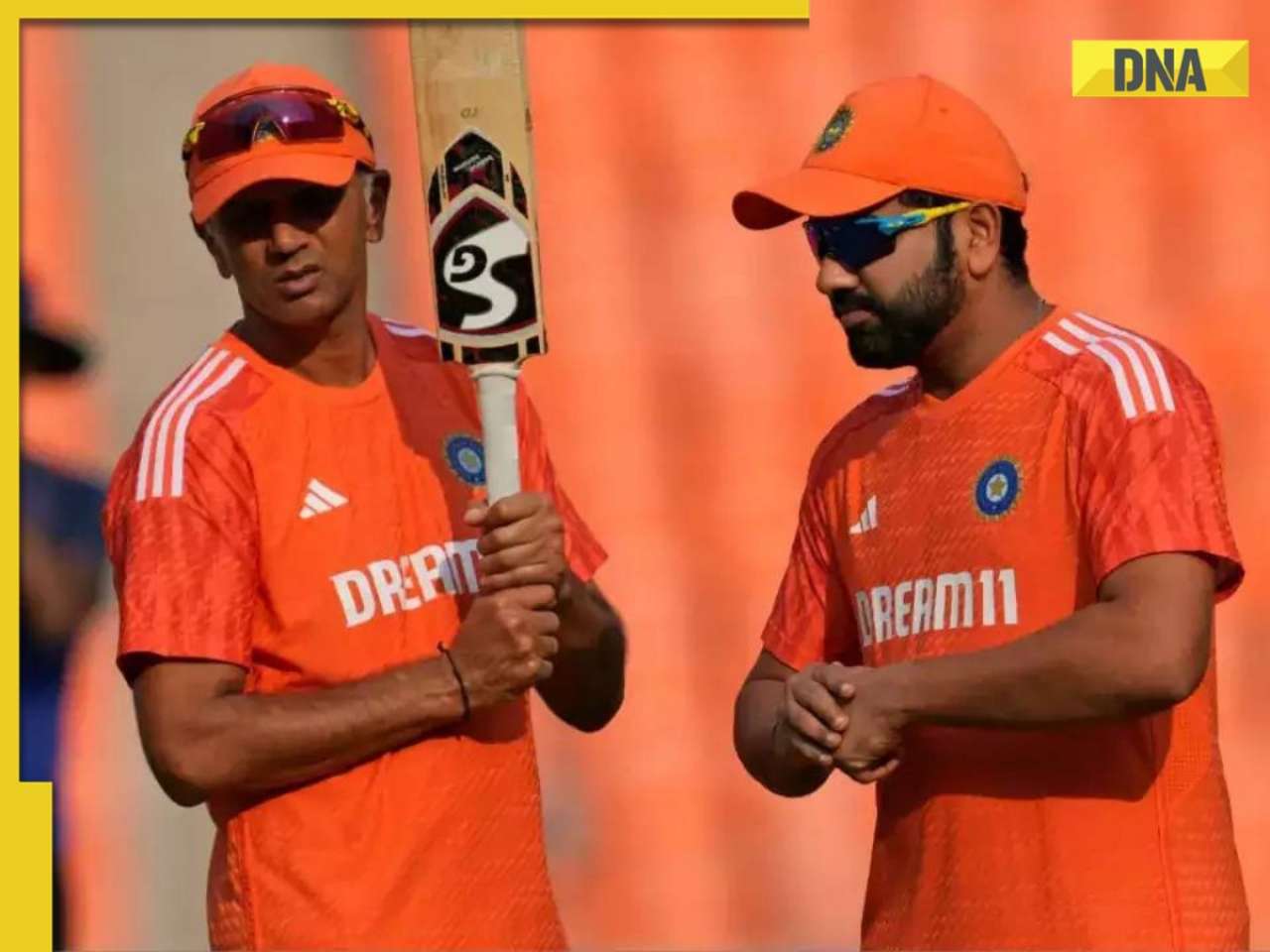


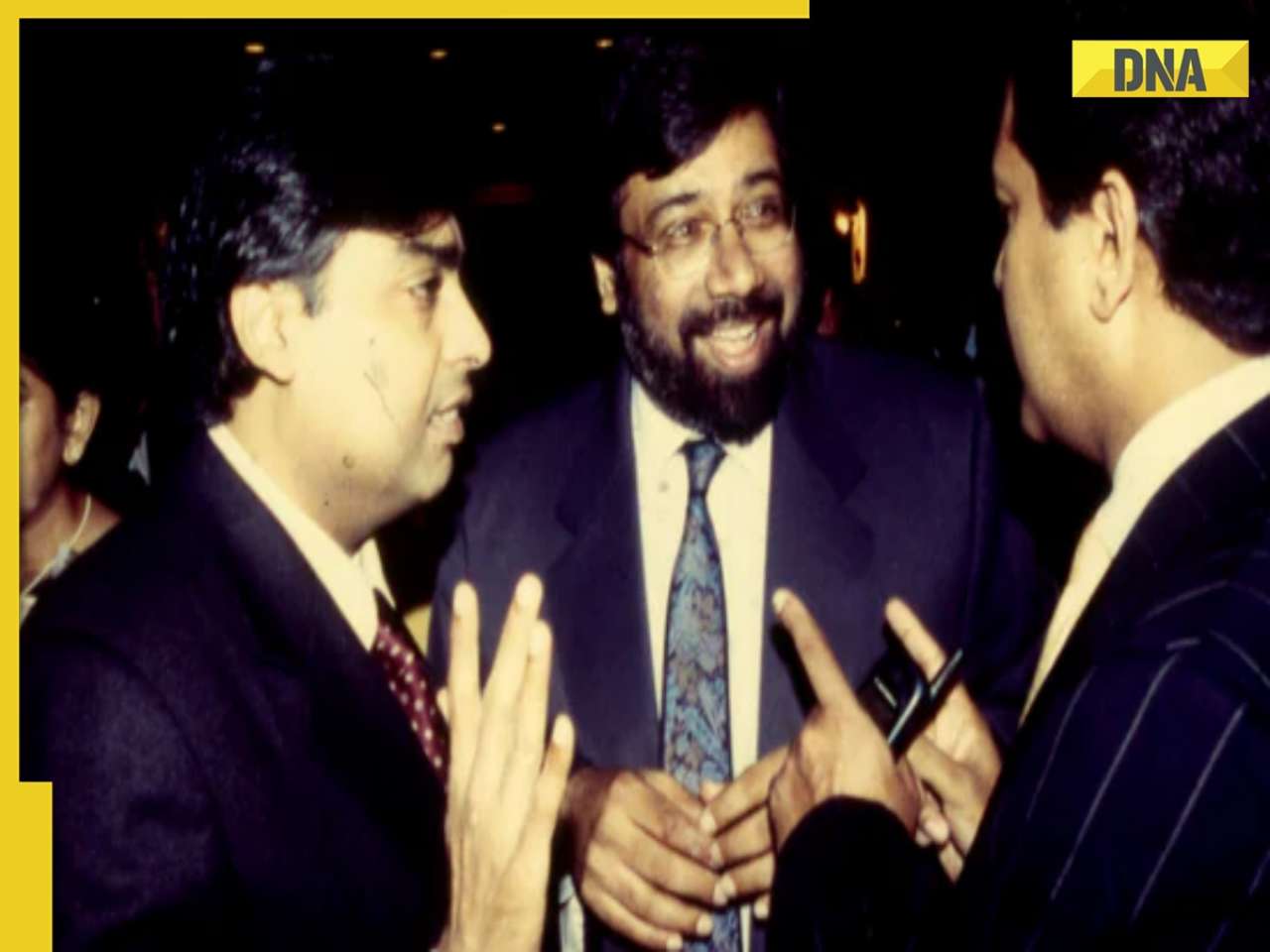






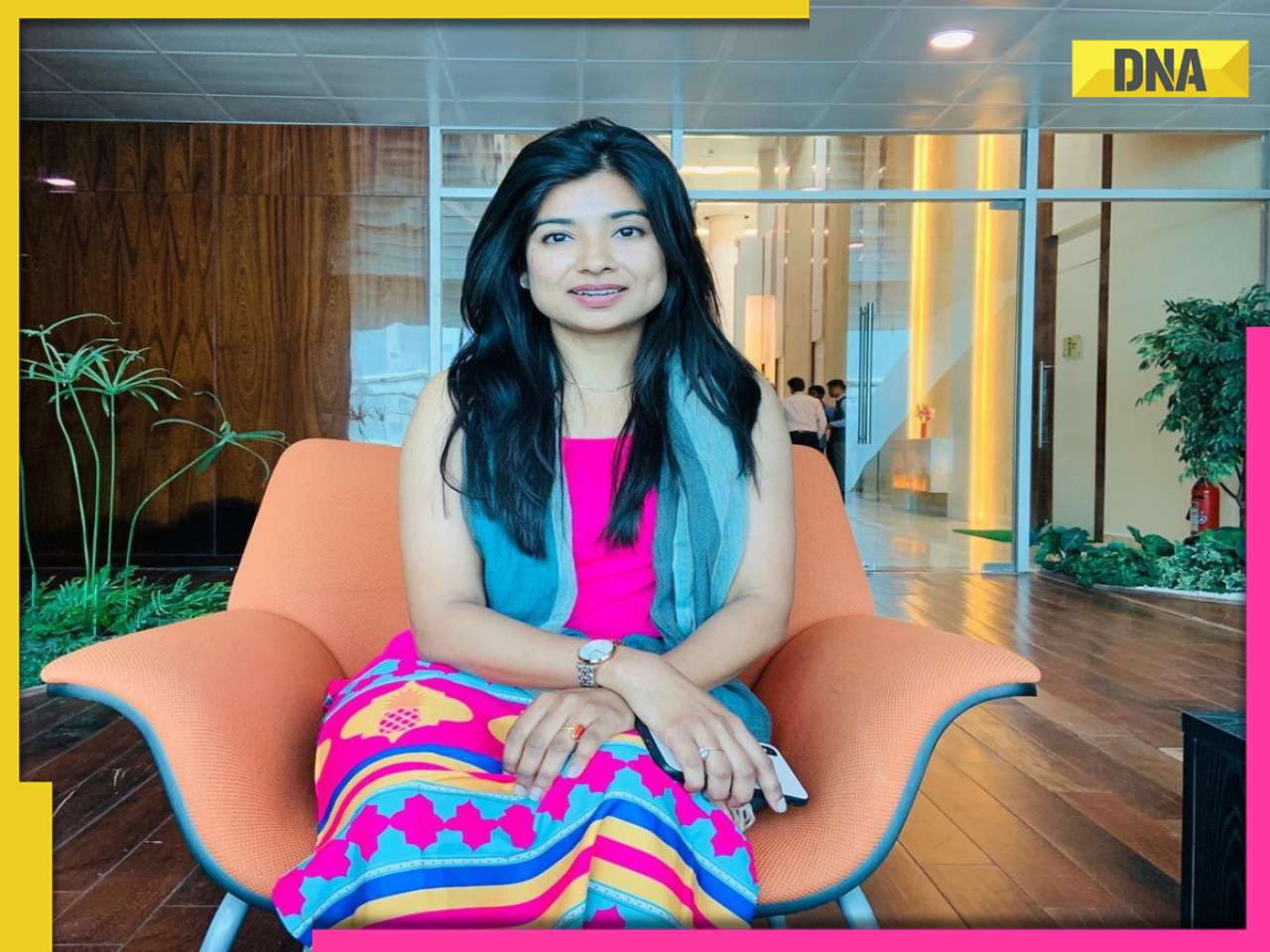













)
)
)
)
)
)